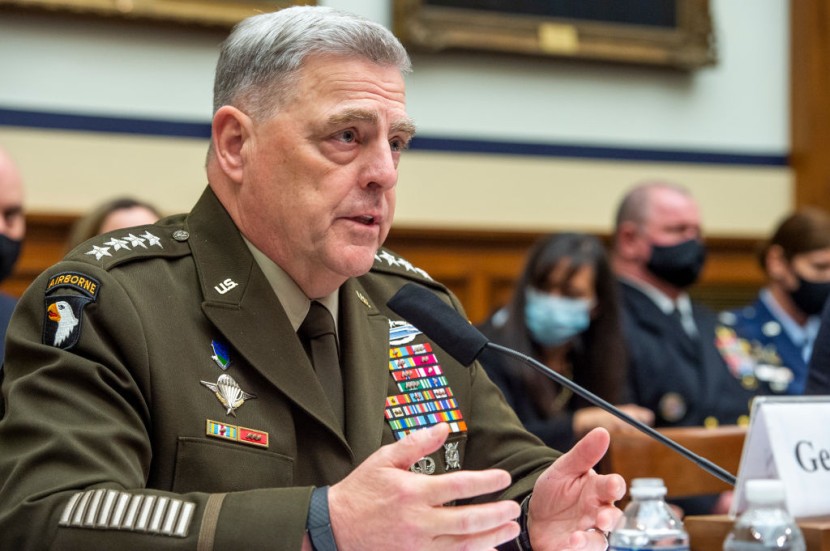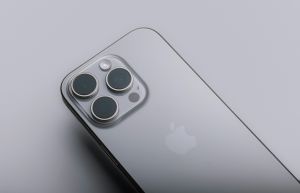
The highest-ranking United States general, Gen. Mark Milley, said on Wednesday that China's latest hypersonic missile tests were comparable to Russia's previous technological advancement dubbed the "Sputnik moment."
It was previously reported that China conducted a test of a fractional orbital bombardment system this summer. The trial, which took the United States defense and intelligence observers by surprise, had a hypersonic weapon orbit the planet then speed down toward its target.
Comparison to Sputnik Moment
The Sputnik moment, on the other hand, had the Soviet Union develop a similar system during the Cold War as a means to bypass U.S. defenses that focused on traditional missile threats. However, at the time, the Soviet version used ballistic missiles instead of hypersonic glide vehicles.
Despite the reports, China has denied that the tests involved a weapon, as Chinese officials argued the trial-tested reusable spaceflight technology. However, chairman of the Joint Chiefs of Staff Gen. Milley did not buy into that story on Wednesday.
"What we saw was a very significant event of a test of a hypersonic weapon system. And it is very concerning. I don't know if it's quite a Sputnik moment, but I think it's very close to that. It has all of our attention," said the general during an interview, Business Insider reported.
The primary concern that U.S. officials have regarding China's recent test was how they combined two separate technologies. The first of which is the missile that completed a partial orbit of the Earth, and the second is a hypersonic vehicle that could smash anything in its path and seems to be capable of maneuvering that could bypass U.S. defenses.
While at least one of the two tests conducted appears to have failed, the vehicle missing its target by a wide margin was not enough to ease concerns. The advancement in technology suggests that Beijing could one day arm a hypersonic vehicle with something like a nuclear warhead and target any place worldwide.
Currently, the U.S. defense systems that are available are all pointing west and north over the Pacific. This means that they have a high chance of failing to defeat an attack from the South end of the country, the New York Times reported.
Global Threat From China
However, many weapons experts have argued that China's hypersonic tests were not comparable to the Sputnik moment. They said that China's similar technology more closely resembled the U.S.'s development with the Space Shuttle program in the 1970s.
A nuclear proliferation expert at the Middlebury Institute of International Studies, Joshua Pollack, said that the main thing about the Sputnik was that the Soviets developed the technology first. He argued that they could put the first satellite into the Earth's orbit before the U.S. Pollack added that China's test, disregarding the weapon payload, was technology already available in the U.S.
However, fears of a "new Cold War" sparked from China's surge in technological advancement along with its continued aggression toward Taiwan, expansion of nuclear missile silos, and broader geopolitical tensions with America, Yahoo News reported.
Related Article: US at Risk of Attack From ISIS-K Within 6 to 12 Months as Insurrection Group Gains Power, Top Pentagon Official Says
© 2026 HNGN, All rights reserved. Do not reproduce without permission.








